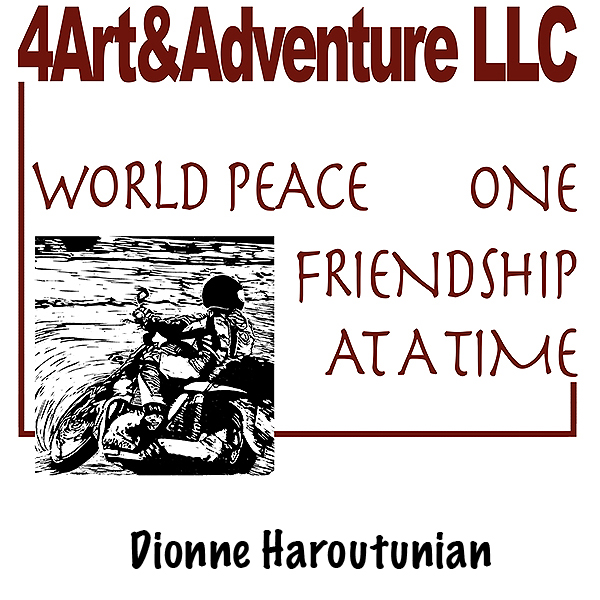Version française vient dès que j’ai un bon internet!
Matriarchal society. Somewhere very remote. Hard to get to. Moin’s words. I want to go.
I’m looking for the interaction that will bring me to paint someone and give my artwork away: an indication that we shared a meaningful moment together. I have been told to look for Zaina.
The road we are on ends in the village of Kharkal. Things are different here. The architecture: houses are made of intricate designs of wood and stones. Women’s clothing: wide black dresses down to the ground, embroidered in large colorful patterns. Women’s presence: they are in the fields, on the streets, they are active. I want to say — their presence is bold.
I go greet three women who are coming from the river. All giggle. One answers. I am burning to talk with them. I’ve been waiting for this for months. I point to her dress and sophisticated beadwork and question her in words and gestures. She answers as best as she can. We walk together a little way. Judging from the laughter and smiles, I feel confident that they are just as happy as I am to connect and from then on, I engage with every woman I see on my path.
The next day we find ourselves in front of Zaina’s door. She comes out with a warm smile as though she had been expecting us. I have soooo many questions, I can hardly pace myself.
She works in the fields as does everybody in the village who is not a shop owner. She enjoys talking with foreigners, especially because there is not that much to do here, she adds. But there are very few foreigners: only five or six this summer. It will snow soon but they don’t move down to lower altitudes. She doesn’t have children. She is not married. Yes she has internet in her house. She will give me her email address. And yes we can continue our conversation. Life is very different for Kelashi women. We go out and do what we want. Of course if we want to travel to the city, we go with brothers or cousins. Yes women embroider their own clothing and do their own beadwork. We have our own religion. We are not Muslims. There are many Muslims here and we live peacefully together.
While we are talking, an elder comes by and grabs my hand in hers. The contact with Bibi’s rough skin, completely black because of handling walnuts all day, takes me deeper into the moment. Whatever we are discussing, she wants to be a part of it. When the time is right, I ask if they would like to have their photograph included in my World Peace art project. I’m so thrilled at their yes that I let out a little shriek and jump up. Surprised by my reaction, Bibi explodes in a torrent of laughter, takes me into her arms and holds me tight.
There is so much more I want to learn about the Kelashi culture, about their lives, the history, their beliefs but I have learned that confidences come with friendship and that friendships take time. I have time ... and Zaina’s email address.
After an impromptu lesson of geography, history and politics in a Kharkal classroom
In the workshop at the school
The school and museum under one roof. Built by Greek money. (More on that later!)
La Reine de Kharkal. She sold us wine and ‘Kelash water’ that she produces. There was no room for negotiations!
Besides featuring Moin as a model, I took the photo to show the intricate wood/stone work that the Kelashis use for their constructions.
Meeting Bibi and Zaina. Mike is showing them his pictures.
The culmination of a special moment spent together








